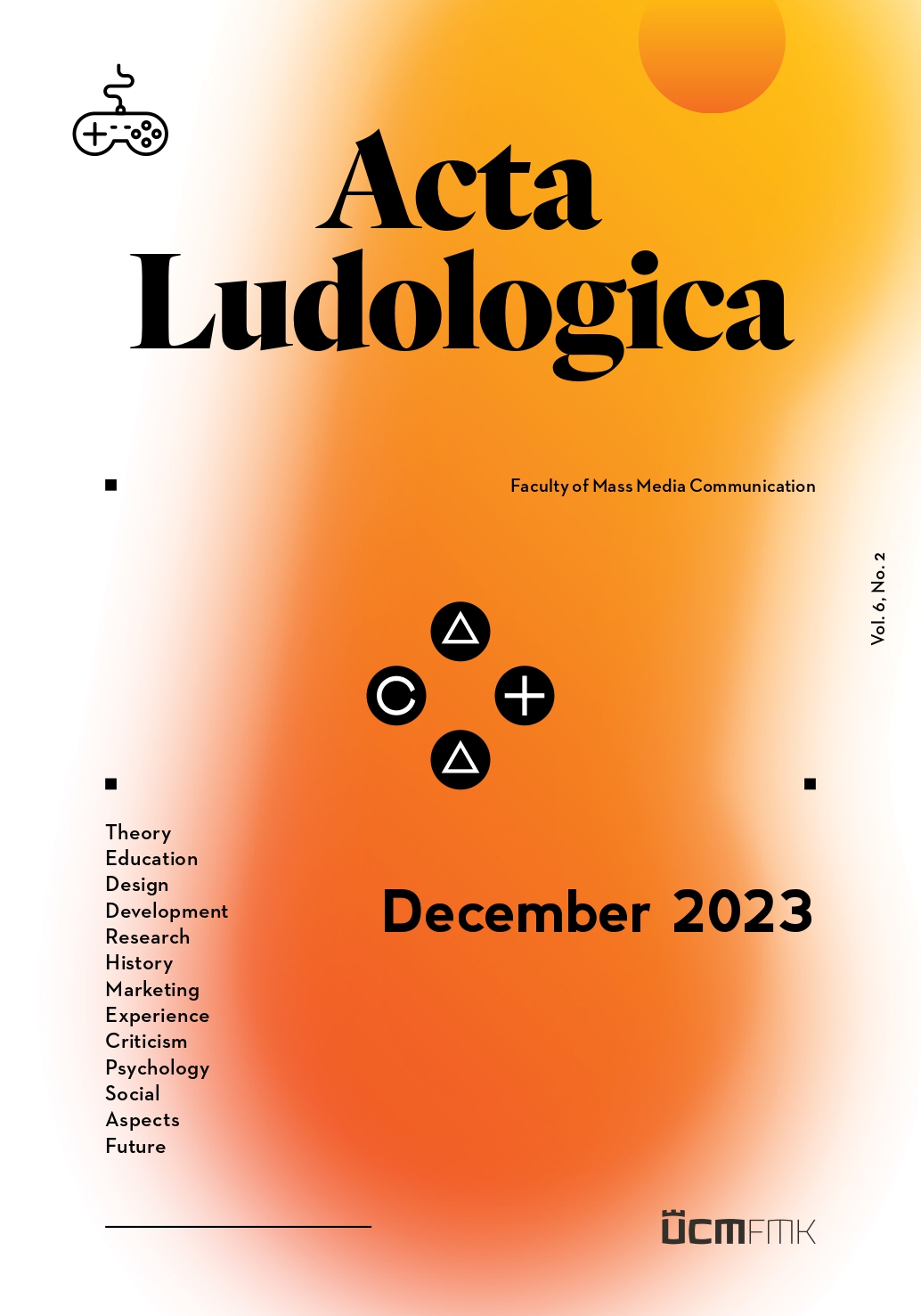Zuzana Kvetanová
ABSTRACT:
The presented study closely explains R. Caillois’ theory of game principles, while attempt- ing to point out its apparent application in the digital dimension. It is our main intention to clarify the significance and topicality of the characteristics of individual game categories within media products – digital games. Thus, confrontation between the fundamental theoretical framework and its consequent practical application within the selected case study occurs in the submitted scientific text. The study’s ambition is to identify the indicative characteristics of R. Caillois’ game categories in the selected media product – the digital game Sudden Strike 4. The chosen research material can be qualified as a suitable representative of the strategy game genre, which was the direct determinant of our selection. Therefore, the primary objective of the study is to ascertain the possible application of R. Caillois’ game theory in the strategy game genre. For the purposes of achieving the defined objective, the author uses methods of logical analysis of text in combination with qualitative content (narrative) analysis. She thus presumes a certain increase and revaluation of the existing scientific knowledge necessary for both the theory and practice.
KEY WORDS:
digital game, game principles, genres, strategy, Sudden Strike 4, virtual reality.
DOI:
10.34135/actaludologica.2023-6-1.96-110

